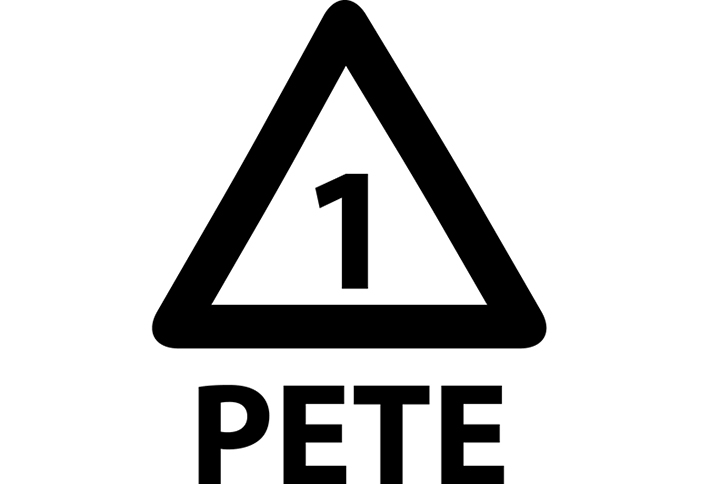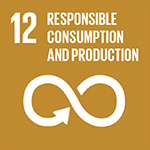
Resin ID Code Revised
A revision to ASTM International’s standard for resin identification code, or RIC, (known as D7611) brings greater specificity to resin code “1.” ASTM’s plastics committee (D20) invites interested participants to join in further revisions of the standard, as code numbers and mechanisms for adding codes continue to be clarified.
Resin code “1” is an equilateral triangle with the number one inside it and the letters “PETE” or “PET” below it, an abbreviation for polyethylene terephthalate. The revision provides greater specificity for what kinds of plastics can be labeled with this code, according to David Cornell, technical contact for a work group addressing the revision of the standard.
“This revision will help the industry understand more clearly what a product labeled Resin Code “1” means,” Cornell says. “By so doing, it will indirectly support efforts aimed at recycling plastics such as used consumer product packaging.”
The RIC traces back to a system developed in 1988 by the Society of the Plastics Industry, SPI, now the Plastics Industry Association. Since then, the codes have helped recycling coordinators, solid waste managers, legislators, regulators, and the public at large. Cornell notes that the subject of the RIC is required by law in 39 U.S. states, often referred to in statute as the SPI resin identification code. In 2010, ASTM published D7611 based on the original SPI codes.
The ASTM standard is regularly reviewed by the organization’s plastics committee (D20), a group that creates voluntary consensus standards for the industry. Future work is underway aimed at defining more clearly groups of plastic materials with similar processing and property attributes. Currently, efforts are focused on further refinement to definitions for RIC #2 (HDPE), #4 (LDPE), and #5 (PP). Cornell says the committee is particularly interested in attracting those with knowledge of how materials can be defined to form compatible, processing, and property-fungible groupings to support efforts such as postconsumer recycling.
Become a member of ASTM. The next meeting of ASTM International’s plastics committee is March 29 – April 1, in Boston (Massachusetts, USA).
U.N. Sustainable Development Goals Supported:

 SN Home
SN Home Archive
Archive Advertisers
Advertisers Masthead
Masthead RateCard
RateCard Subscribe
Subscribe Email Editor
Email Editor